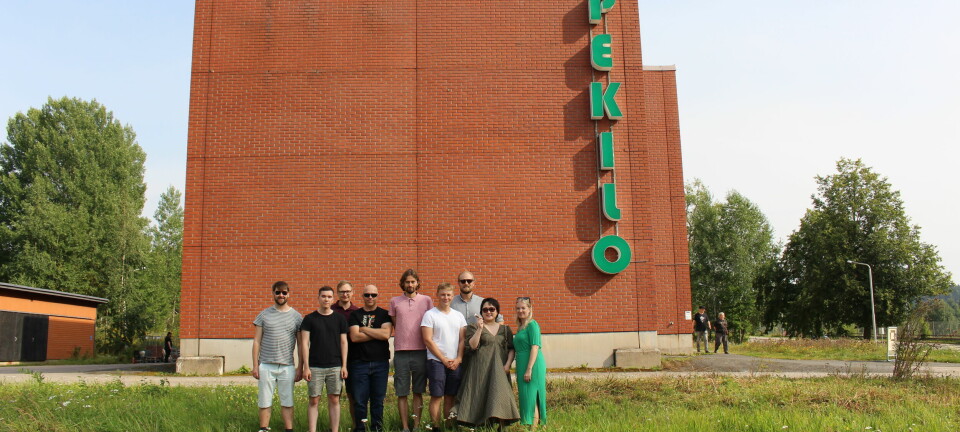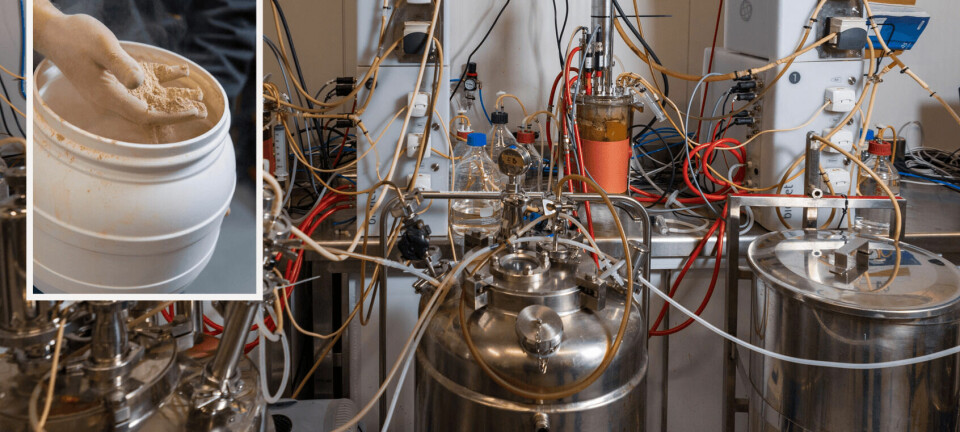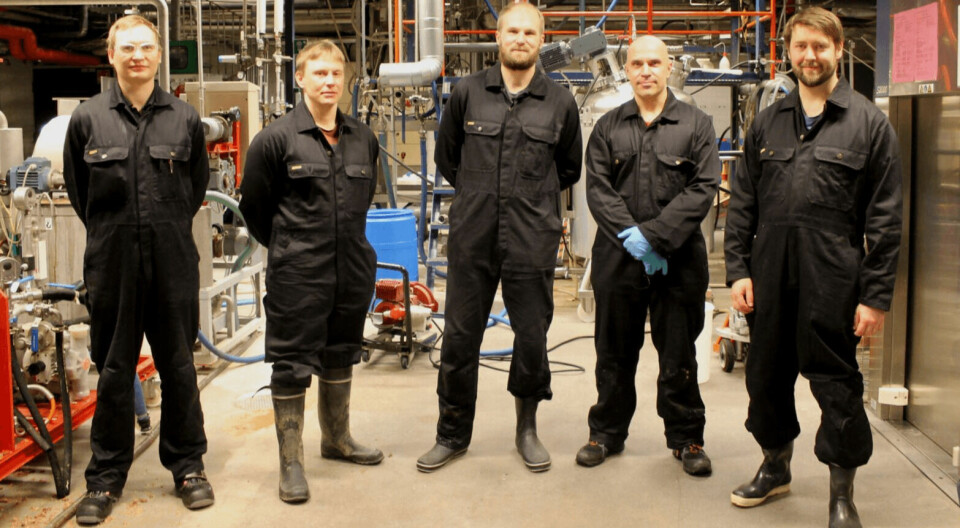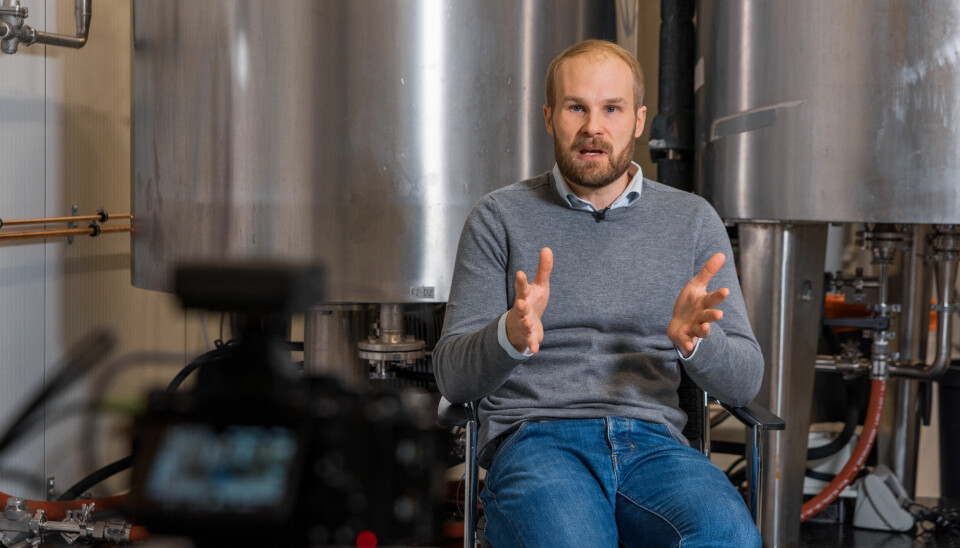
Mycoprotein from forestry by-products boosts salmon immunity and growth
A new study has found that feed containing a mycoprotein produced from Norwegian forestry industry byproducts had a significant positive impact on farmed salmon’s natural immune system and growth.
The study by researchers at the Norwegian University of Life Sciences (NMBU) utilised the Pekilo® Aqua mycoprotein produced by Finnish biotech start-up Enifer and was led by Professor Margareth Øverland.
Juvenile salmon growing in freshwater fed with the mycoprotein had a significant activation in their immune system and grew better as the feed was more efficiently converted.
The main findings of the study were:
- Replacement of up to 20% of the crude protein content of the feed with Pekilo Aqua improved the feed conversion ratio (FCR) and nutrient utilisation efficiency of Atlantic salmon juveniles reared in freshwater.
- Low (5%) inclusion of Pekilo Aqua led to a strong T-cell response, innate immunity responses, and enhanced antimicrobial activity. Higher (10-20%) inclusion levels additionally showed T1 helper cell activation and specific responses to β-glucan, which is abundant in Pekilo Aqua.
- The scientists also measured higher levels of specific antibodies against the bacterial salmon pathogen, Vibrio anguillarum. There are plans for challenge trials to show the protective effects of Pekilo Aqua against fish pathogens even more directly.

“For the first time, the studies carried out at NMBU show that our Pekilo Aqua mycoprotein not only provides fish with protein, but actually brings clear added benefits to fish health and growth compared to conventional proteins like soya,” said Enifer chief operating officer Joosu Kuivanen.
“These benefits arise from the unique composition of our fungal protein. The fact that Pekilo Aqua can be produced sustainably, competitively, and close to the fish farmers makes it particularly attractive to industry. In this study, we used Norwegian forest industry by-products to produce feed for Norwegian salmon.”
Many sources
Enifer’s proprietary technology can upcycle byproducts from diverse agri-, food- and forest industry processes into its Pekilo mycoprotein, which includes about 65% protein, 15% β -glucan, and 10% fats and minerals, and has a high concentration of vitamin B. Beta-glucan is added separately to current aquafeeds, which is an unnecessary step if Pekilo Aqua is used, says Enifer.
The Finnish company says that while soybeans are the most affordable and commonly used protein source in aquafeed today, the price of using soybeans is high for the environment, as cultivation can increase deforestation.
Salmon farmers in Scotland and Norway use deforestation-free soy but shipping it from countries such as Brazil significantly impacts the sustainability of the supply chain. The bulk of aquaculture’s carbon footprint comes from feed, although fish farming has a lower footprint than other forms of animal protein production.
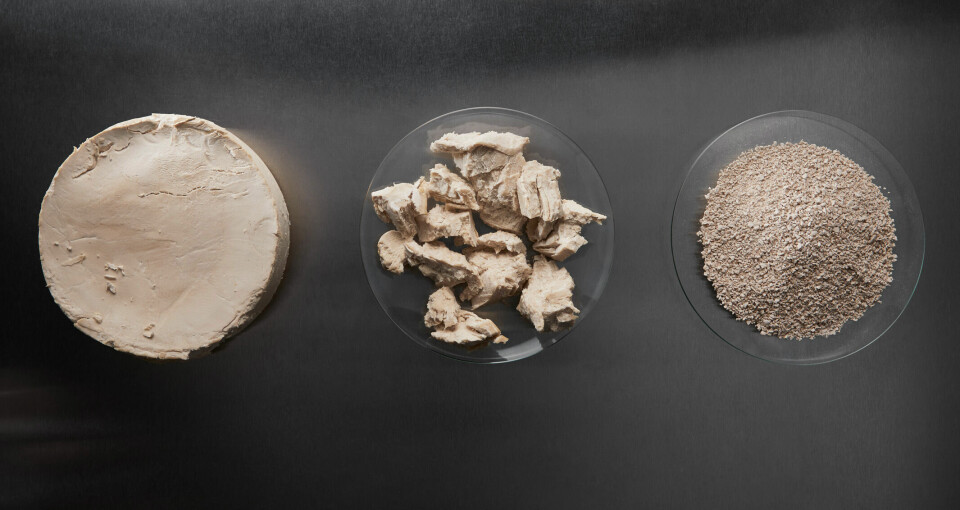
Smaller footprint
Enifer says that using soy also makes the aquaculture sector heavily dependent on a few selected production countries and their stability. By comparison, Pekilo Aqua mycoprotein has a lower carbon footprint than imported soybean, as it is produced without using new agricultural land and very little water, offering a sustainable and self-sufficient alternative for the European market.
“The world’s protein demand is growing, and farmed fish is the most sustainable and healthy animal protein for human consumption today,” said Enifer chief executive Simo Ellilä.
“By lowering the environmental impact of the supply chain of aquafeed while improving the growing conditions of fish, we can make the whole industry more sustainable. Together with our partners in academia, we continue to research the health benefits of Pekilo mycoprotein and are looking forward to bringing our solution to market from aquafeed to petfood and all the way to human consumption.”
The study was conducted under the auspices of the Foods of Norway centre, which is primarily funded by the Research Council of Norway and the NORDICFEED project under the Nordic Council of Ministers’ organisation called NordForsk, which provides funding for and facilitates Nordic cooperation on research.
A more detailed report on the research will be published by researchers in due course.
